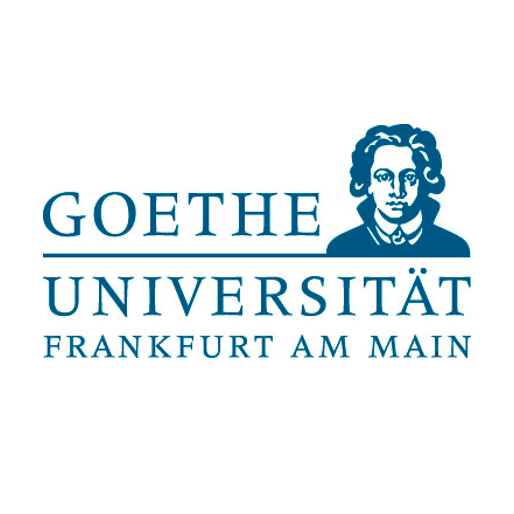Dr. Asja Makarević

Dr. Asja Makarević
Johann Wolfgang von Goethe University, Frankfurt am Main, Germany
About me
I have augmented my professional development with practical experience at Sarajevo Film Festival while simultaneously pursuing my scholarly goals. From 2009 to 2017, I programmed Talents Sarajevo, the Sarajevo Film Festival’s networking and training platform for emerging film professionals, developed within the framework of Berlinale International Talents. In 2017 I was honoured to receive a scholarship by the Heinrich Böll Stiftung that enabled me to fully focus on my doctoral research at the Goethe University. In 2022 I defended my thesis “Beyond Post-War Cinema. Historical Experience in Post-Yugoslav Film”, supervised by Prof. Dr. Vinzenz Hediger. Therein I problematise the notion of “post-war” condition and cinema within the context of former Yugoslavia. More specifically, I analyse the films abundant with what I call “non-representational” images of war. These images propose, for the spectator, an intensive and affective encounter that can provide a political awakening and point out the way beyond the ongoing “post-war” condition. Theoretically, the thesis moves between post-structural non-representational philosophy, memory studies and film and media studies connected to these approaches. In addition to my previous work as a festival programmer and the current one as a postdoctoral fellow in “AGE-C Gender and Aging in European Cinema”, I had the pleasure to teach film theory to students at Vienna Film Academy, 2021-2022.
Contact
makarevic[at]tfm.uni-frankfurt.de
Research interests
Gilles Deleuze`s film-philosophy, film-phenomenology, cultural memory studies, investigative aesthetics, film festival and production studies, gender studies
Publications
Makarević, A. and Thieme, C. “Can’t You See Them?—Film Them.” Accidental Archivism. Eds. Stefanie Schulte Strathaus and Vinzenz Hediger. Meson Press, 2023.
Makarević, A. Beyond Post-War Cinema. Historical Experience in Post-Yugoslav Film. Amsterdam University Press (pending peer review, 2023)
Makarević, A. 2023. “Lydia Papadimitrou and Ana Grgić (eds.). In: Contemporary Balkan Cinema: Transnational Exchanges and Global Circuits< Em>: Edinburgh: Edinburgh University Press, 2022, ISBN-13: 978-1474458443, 322 Pp”. Apparatus. Film, Media and Digital Cultures of Central and Eastern Europe, no. 16 (July). https://doi.org/10.17892/app.2023.00016.345.
Makarević, A. Beyond Post-War Cinema. Historical Experience and Cultural Agency in Post-Yugoslav Film. Cinema & Cie (Vol. XVI, No. 26/27, Spring/Fall 2016, p. 161-163)
Activities (Selection)
Post-doc Fellow, Research Initiative “ConTrust: Trust in Conflict”, Goethe University Frankfurt am Main, Faculty of Modern Languages, Institute for Theater, Film und Media Studies (October 2022 – December 2022)
University Assistant, mdw University of Music und Performing Arts, Vienna Film Academy – Institute for Film and Television (August 2021 – August 2022)
Associate Member, DFG-Research Training Group “Configurations of Film“, Goethe University Frankfurt am Main, Faculty of Modern Languages, Institute for Theater, Film und Media Studies (November 2018 – November 2021)
My AGE-C story
“AGE-C Ageing and Gender in European Cinema” seeks to investigate how contemporary representations of old age and gender in European cinemas shape notions of well-being across Europe. The welcoming novelty of this research initiative is a much needed update of earlier feminist approaches towards old age and gender. The project draws on theoretical concepts from film studies, gender studies and gerontology while making use of film analysis, production studies and digital methods. Owing to my previous academic research and festival work, I am interested in studying the challenges of representation of old age and gender across film cultures, between the German-speaking territory and the post-Yugoslav space, from 2000 onwards. Particularly, I want to analyse performance and reading of old age and gender as socially and culturally coded within and across these territories. Moreover, I wish to explore what their corresponding (co-)production cultures have in common and what are the degrees of difference between them.
